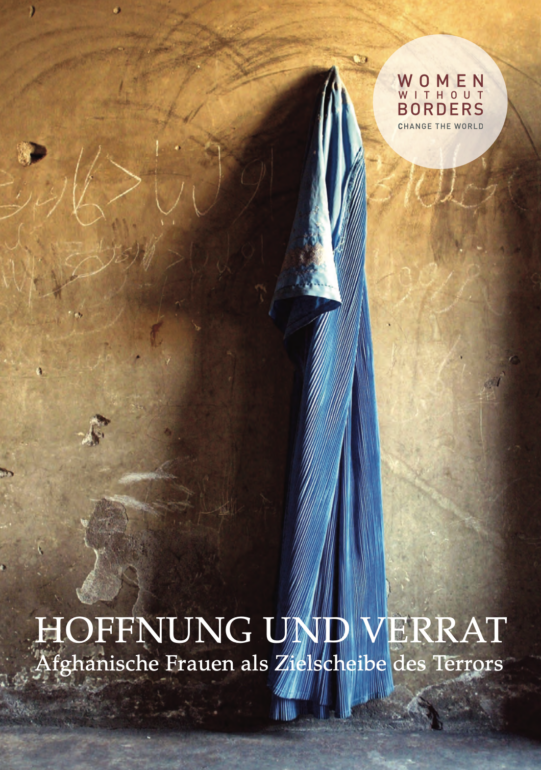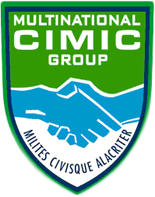Following the 26/11 Mumbai attacks in 2008, Women without Borders (WwB) sought to nurture its cohesive network of Sisters Against Violent Extremism (SAVE) by empowering individuals whose voices had not yet found a platform: the wives, sisters, daughters, and mothers of police officers who defended the city during the three-day-long siege. In the course of a series of ‘Mothers for Change! Our Stories, Our Future’ workshops, participants explored the merits of storytelling in dealing with trauma and developed a heightened awareness of their potential roles in addressing the root causes and effects of violent extremism in affected or at-risk families and communities.
Families affected by the 26/11 attacks in Mumbai generally were overlooked in the months and years following the attacks. Yet survivors and those who have been left behind present important testimonials for current and future generations. While they are central in formulating alternative narratives that help to prevent extremist ideologies from taking hold in affected and at-risk communities, in many instances their stories do not find a platform. In the case of Mumbai, the media’s perpetrator-centric reporting style ensured that the voices of reason would go largely unheard.
In an effort to sensitise a thus far entirely neglected group to their role in their homes and communities, Women without Borders (WwB) began working with the wives, daughters, sisters, and mothers of police officers who had been on duty during the siege; this group played a critical role in providing emotional support to traumatised officers who defended the city and continued to protect it thereafter. In April 2010, the ‘Mothers for Change! Our Stories Our Future’ project was launched as a part of WwB’s broader Sisters Against Violent Extremism (SAVE) network. The emphasis rested on building community awareness around this sensitive and often taboo topic, and on bringing to the forefront, developing, and advancing the voices of these women.
The female participants joined a week-long storytelling workshop that had been designed to support the complex journey of coming to terms with the atrocities by moving from victimhood towards agency. Anne Carr, a professional community relations and dialogue practitioner, flew to India from Northern Ireland to lead and facilitate the workshop. Drawing on some three decades of experience in reconciling divided communities in Northern Ireland, Carr developed a contextualised handbook with WwB.
The tailored curriculum incorporated a range of coping strategies as well as established storytelling and dialogue techniques. These components encouraged an atmosphere of trust and created safe spaces for the participants to share difficult stories. Whereas at first many of the women were reluctant to speak, Carr helped to foster a group dynamic that soon led to engaging conversations. When the participants completed the storytelling modules, they exchanged views on the possible role and responsibility of mothers in supporting the effort to prevent violent extremism from taking root in their families and communities.
Recognising that children are rarely included in the process of dealing with violent extremism, WwB organised an additional ‘Our Stories, Our Future’ workshop for the daughters of adult participants. The children brought their hopes, dreams, and fears to life on blank canvases. Following a brief discussion of the fictional islands that they had painted, the girls talked about their fathers’ experiences in the police force during the 26/11 attacks. Another lively exchange of ideas, which sought to identify alternative soft power security measures, led Mumbai’s daughters to contemplate their potential role in making the city a safer place.
A number of affected individuals visited the storytelling workshops to share their stories, often for the first time. Among them was Vinita Kamte, whose husband Ashok died shortly after wounding the only terrorist to be captured alive. Kamte handed out the certificates at the graduation ceremony, which the Assistant Commissioner of Police attended in an expression of his department’s solidarity with the victims of Mumbai and support for WwB’s SAVE network in India.



